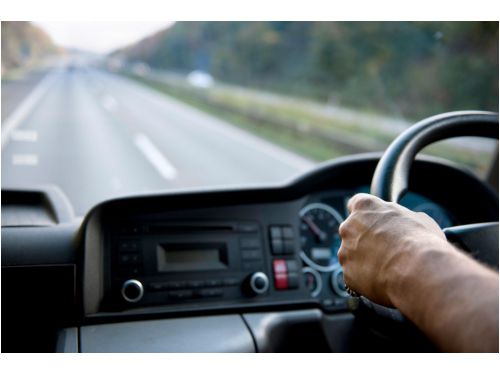The price of fuel can fluctuate from week to week and when it soars, you might start thinking about ways you can drive more fuel efficiently to save money. The price of petrol and diesel is mainly affected by the price of crude oil across the world, international exchange rates and the global demand of fuel. Therefore, working out the price of keeping your car on the move isn’t a simple matter.
To save you some money when fuel prices are at their highest, we’ve listed some ways that you can drive more efficiently and use less fuel day-to-day.
What is fuel efficiency?
The fuel efficiency of a vehicle is the amount of usable energy that is released from a combustion engine. In the UK, miles per gallon (MPG) is typically the measurement that is used to demonstrate how efficiently a vehicle uses fuel. MPG is a measure of how far a car can travel if you put one gallon of fuel in the tank.
A car that is capable of 50 MPG will drive for around 50 miles on one gallon of fuel before running out. However, there are many factors that could result in running out of fuel much sooner than this, such as frequent speeding up and slowing down, the weight of the vehicle and using the heating or air conditioning.

How to save fuel when driving
When you’re on the roads, there are some driving habits that you could adopt to reduce your vehicle’s fuel consumption.
It’s important to drive steadily, remaining at a constant speed where you can and braking slowly. Quick acceleration and sudden braking could rapidly decrease your vehicle’s efficiency so these driving habits should be avoided. Instead, you should accelerate slowly, moving up a gear when the car reaches 2000rpm. The aim is to move up the gears as quickly as possible with the lowest amount of revs while still accelerating. Once you’ve reached the correct speed limit, you should drive in as high a gear as you can. As a rule, it’s recommended that you drive in fourth gear when the car is travelling at 30mph.
Once you’re driving at the correct speed, you should always look ahead for potential hazards or changes on the road. Anticipating occurrences such as lights changing and cars turning could reduce harsh braking. This is why it’s also important to leave a sufficient gap between you and the vehicle in front. Where possible, you should allow your car to slow down naturally by taking your foot off the accelerator and brake only when you need to. Doing this could keep the car moving instead of coming to a complete stop, which will save fuel.
Having your vehicle properly maintained and serviced could allow it to run more efficiently and, if you have a leased car, maintenance may be included. You should have the car’s fuel injectors cleaned every few years to ensure that there aren’t any blockages that could reduce the vehicle’s efficiency. It’s also important to regularly check that your tyres are inflated to the correct pressure. Under or over-inflated tyres could have an impact on your vehicle’s fuel usage. Remember that tyre pressure depends on the load the car is carrying. For example, if you have a car full of people plus luggage, your tyre pressure may need to be increased before travel.
Leaving items like roof bars and roof boxes on your vehicle can increase wind resistance, which can result in the car being ‘dragged’. This means you have to press harder on the accelerator to keep your car at the same speed and doing so will use more fuel. Driving with an open window has a similar effect. Any items that aren’t needed in or on your car should be removed.
Finally, your speed can have a huge impact on your car’s fuel efficiency. Driving at 60mph instead of 70mph could make a big difference.
What is the optimum speed for fuel efficiency?
According to the Energy Saving Trust, fuel consumption increases by around 15 per cent between 60 and 75mph. For vans and larger vehicles, this percentage goes up even more to around 27 per cent. Therefore, the optimum speed for maximum fuel efficiency is around 55 to 65 mph.
Should I lease a petrol or diesel car?
If you’re thinking of leasing a new car, you may want to consider the fuel efficiency options of either petrol or diesel first.
Diesel engines are more efficient than petrol engines. They can use around 15-20 per cent less fuel; however, it’s worth remembering that diesel fuel is significantly more expensive than petrol. Research from Which? shows that it can take between six and 11 years to make up the extra cost of diesel fuel over petrol. This means that, if most of your journeys are local or you mostly do city driving, a petrol car might be better.
